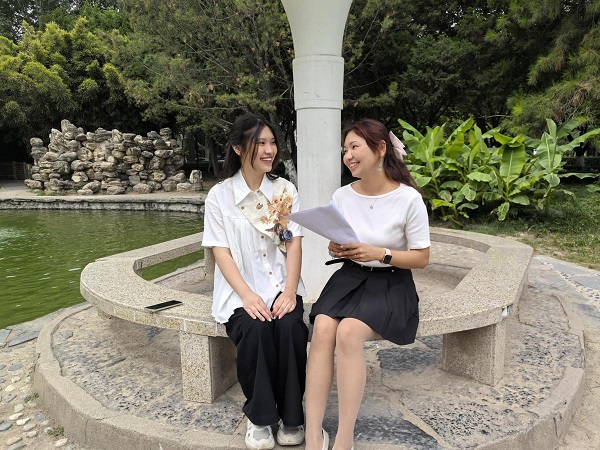Breakthrough in inflammatory bowel treatment, shows XJTU research
Chief physician She Junjun at the First Affiliated Hospital of Xi'an Jiaotong University played a role in a research on inflammatory bowel disease (IBD) treatment.
She developed a bioactive nanomaterial with both cell-free DNA capture and reactive oxygen species (ROS) scavenging properties in cooperation with Professor Kam W. Leong, academician of National Academy of Medicine and National Academy of Engineering, and researcher Shao Dan at South China University of Technology.

This drug-free nanoscavenger significantly reduced cfDNA (cell free DNA) and ROS levels in intestinal tissue and peritoneal lavage fluid. Through the comprehensive regulation of inflammatory response and oxidative stress, good efficacy and biological safety have been achieved in a variety of IBD models.
At the same time, the material has efficient inflammatory tissue targeting and retention. Compared with the clinical first-line drug mesalazine, the nanoparticles can achieve better therapeutic effects at lower dosing, and have higher biological safety.
The bioactive nanoparticles are simple to prepare and convenient to apply, and can be further used as a carrier of related drugs to achieve synergistic and efficient comprehensive treatment of IBD, and have a good clinical transformation prospect.
The above research results were published in Science Advances entitled A nanoparticulate dual scavenger for targeted therapy of inflammatory bowel disease. (Link to the paper: https://www.science.org/doi/10.1126/sciadv.abj2372)
Doctoral students Shi Chengxin and Shi Feiyu are the co-first authors. She, Leong, and Shao are co-corresponding authors. First Affiliated Hospital of Xi'an Jiaotong University is the first communication unit.

In recent years, She has led the team to carry out joint research on the issues of clinical database construction of gastrointestinal tumors, Da Vinci robot and laparoscopic surgery, pathogenesis and intestinal microecology, medical-engineering integration and clinical transformation.
The pathogenesis of IBD is complex, and the clinical treatment consists mainly of anti-inflammatory drugs such as salicylic acid, glucocorticoids and immunosuppressants. The disease recurs easily, and long-term medication often brings a greater economic and social burden.

